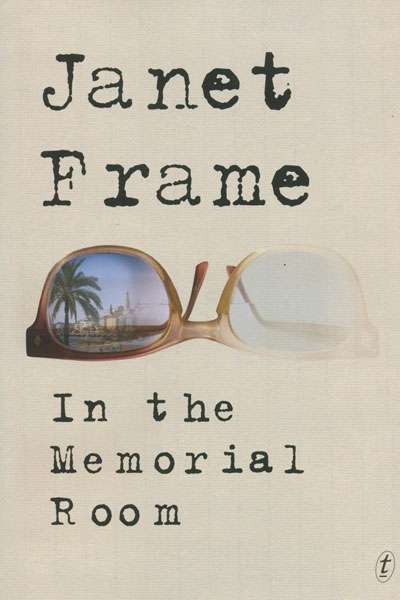New Zealand Fiction
The house of fiction in New Zealand, neither a large not crowded dwelling at the best of times, has emptied somewhat dismayingly over the past year or two with the deaths in rapid succession of four highly respected long-term tenants: Ngaio Marsh, John A. Lee, Frank Sargeson, and M.K. Joseph, the first three of whom have been in residence for almost fifty years.
... (read more)While the reading of a book has become a solitary matter, its interpretation remains a convivial task which must be performed anew for each new reader, new age, and new country. The business of criticism is to help us in this task, and from a multitude of judgements to further our understanding of an author’s words for our time. The critic is therefore involved not only with books, but through them with the cultural problems of his society. Critical debates thus become debates about major social issues.
... (read more)


